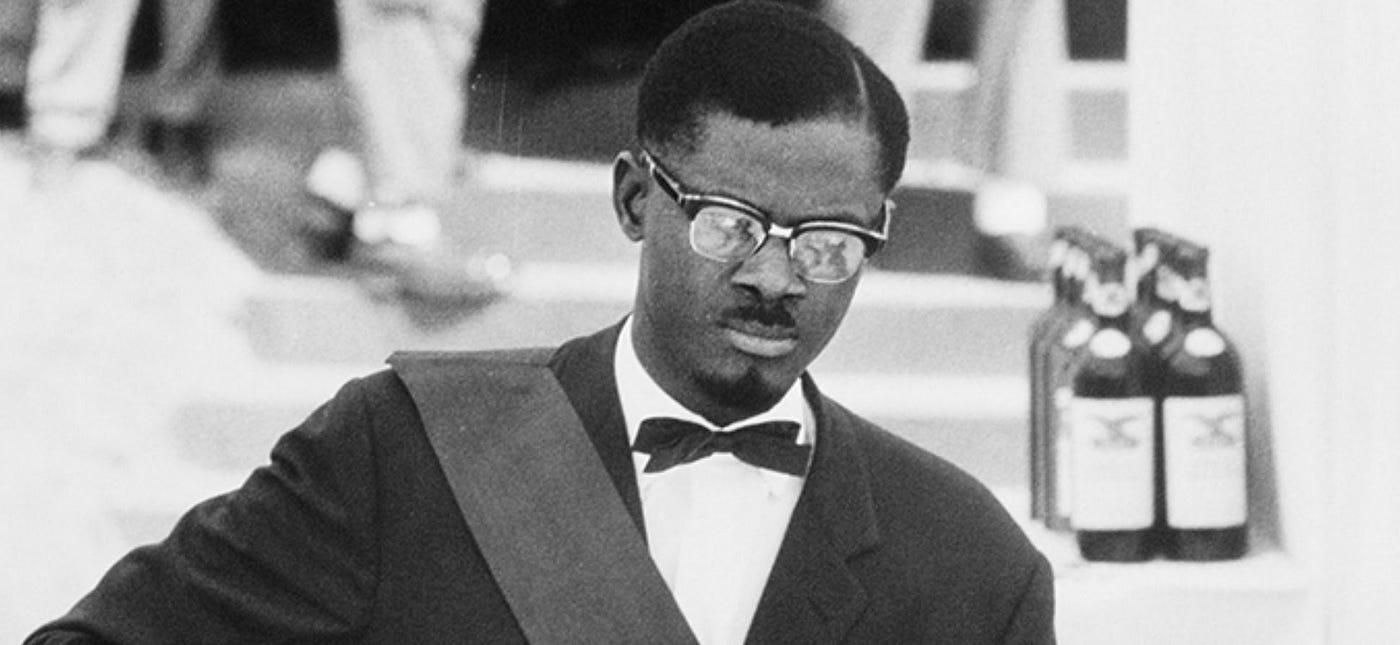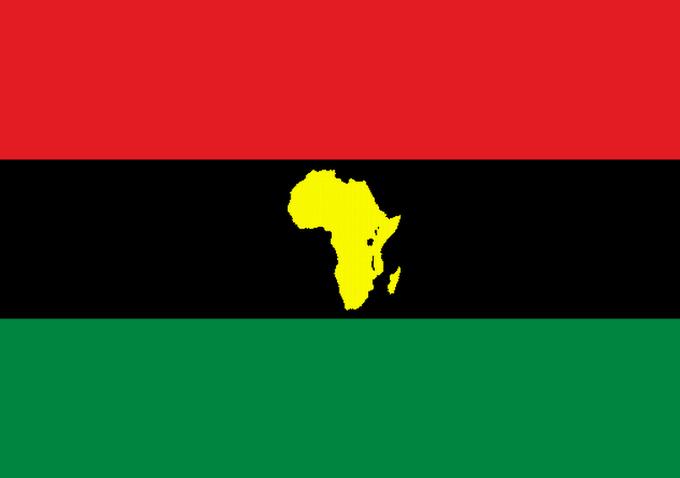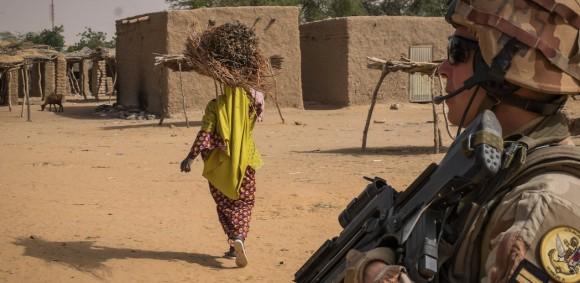When I boarded the plane from Lagos to Toronto, I carried more than luggage. I carried dreams, expectations, pride, and perhaps a little fear. I was moving to Canada to chase opportunities and expand my worldview. But I never expected that the farther I moved from Africa, the closer I would be drawn to it, through something I once took for granted: Pan-Africanism.
This is a personal reflection on why Pan-Africanism matters deeply to Africans in the diaspora, especially those of us navigating Western societies that don’t always see us. It’s about how I rediscovered my African identity thousands of miles from home and how I now see Pan-Africanism as a blueprint for unity, healing, and global Black power.
From Nigeria to Canada: The Cultural Whiplash
Coming from Ghana, I grew up with a clear understanding of who I was, an African, part of a community where cultural pride was woven into our language, food, festivals, and history. But Canada was different.
Suddenly, I was “Black” in a way I’d never been before. I was no longer just Nigerian; I was lumped into a broad category with Caribbean folks, African Americans, and second-generation Africans, many of whom had little connection to their roots. This was my first experience of diasporic identity, and it was disorienting.
The Awakening: Pan-Africanism Finds Me
My real introduction to Pan-Africanism came during a university event in downtown Toronto, ironically called “Africa Day.” I almost didn’t go. I expected a feel-good cultural showcase, maybe some jollof rice and drumming. But what I found was different.
Panelists were discussing Kwame Nkrumah, Patrice Lumumba, and Marcus Garvey. They weren’t just talking history, they were laying out a vision of African unity that extended across borders, continents, and centuries. They spoke about economic cooperation, cultural revival, and political solidarity.
That night, something clicked. I realized that being African wasn’t just about where I was born,it was about where I stood in the world, and how I stood with others who shared my story.

Why Pan-Africanism Matters in the Diaspora
Living abroad can feel like being in a permanent state of exile. You're neither fully accepted in your new country nor fully connected to your home. Many Africans in the diaspora wrestle with lost language, lost lineage, and lost pride.
a. Reconnecting with African Identity
Pan-Africanism gives diasporans a framework for reconnecting with Africa, even if we can’t physically return. Through it, we understand that:
- Our struggles are shared
- Our history is global
- Our future is linked
It helps us reclaim the stories that were stolen or erased during colonization and slavery.
b. Building Global Black Solidarity
I used to see African Americans and Caribbean Blacks as culturally “other.” Pan-Africanism broke that wall. I began to see how our oppressions were connected and how our liberation must be collective.
Whether it's police violence in Canada, immigration struggles in Europe, or neocolonial politics in Africa, Pan-Africanism encourages us to organize, mobilize, and dream together.
The Diasporan Dilemma
Canada is polite, but it’s not innocent. Racism here is subtle but insidious. Microaggressions, job market discrimination, and cultural invisibility are real. In these moments, Pan-Africanism became my armor.
It reminded me that I come from civilizations that birthed astronomy, philosophy, medicine, and art. That I carry the legacy of resistance, from the Mau Mau Rebellion to the Soweto Uprising. That I am not alone.
Choosing Culture Over Assimilation
I once thought I had to “tone down” my Africanness to succeed in Canada. But Pan-Africanism taught me the opposite: there is power in cultural authenticity.

Economics and Empowerment: Reimagining Diaspora Wealth
We talk a lot about remittances, how the diaspora sends money back home. But Pan-Africanism asks a deeper question: Are we investing in Africa's long-term liberation or sending survival aid?
Building Wealth for Africa, Not Just in the West
As diasporans, we have access to capital, networks, and knowledge. Pan-Africanism challenges us to:
- Invest in African startups and SMEs
- Support Black-owned businesses globally
- Fund African-led education, health, and tech projects
- Reimagine remittances as investments, not charity
It’s about using our position abroad to uplift the continent, not just financially, but ideologically and spiritually.
From Symbol to Strategy: Making Pan-Africanism Practical
Many people see Pan-Africanism as a symbol, powerful but abstract. But it’s more than a red, black, and green flag or a Marcus Garvey quote. It’s a strategy.
Here’s what that strategy looks like in real life:
- Cross-continental collaborations: A Kenyan developer partnering with a Nigerian designer, both living in London.
- Diasporan scholarships: Funding African students to study abroad with the intent to return home and build.
- Dual citizenship and legal pathways: Advocating for easier movement between African countries and diaspora regions.
- Media storytelling: Creating platforms that showcase positive, nuanced African narratives.
Pan-Africanism is not nostalgia; it’s a blueprint for modern Black power.
Bridging the Generational Gap
Second- and third-generation Africans in the diaspora often feel disconnected from the continent. They may not speak the language, know the history, or feel the urgency of African liberation. That’s where we come in.
As first-generation immigrants, we must be the bridge, telling stories, organizing culture nights, encouraging heritage travel, and leading by example. We must make Pan-Africanism accessible, not academic. Alive, not theoretical.
Pan-Africanism and Mental Health
There’s something quietly devastating about being Black in a white-majority country. The weight of being misunderstood, misrepresented, or made invisible takes a toll. Depression and anxiety are common in diaspora communities. But Pan-Africanism, in many ways, is medicine.
It tells us: you are not alone. You are not less. You are a continuation of greatness. This sense of rootedness has helped many, including me, find healing in identity, even far from home.
Pan-Africanism in the Digital Age
Thanks to the internet, a new Pan-African generation is rising online.
From Burna Boy’s global stage to African TikTok influencers sharing culture, to online communities for Black professionals and entrepreneurs, we’re seeing a digital rebirth of Pan-Africanism.
Social media lets us:
- Share news that mainstream media ignores
- Build businesses across borders
- Learn forgotten languages and histories
- Create art that travels across oceans
This is Pan-Africanism 2.0: global, tech-driven, youthful, and unstoppable.
A Personal Manifesto
If there’s one thing Canada has taught me, it’s that I carry Africa wherever I go. It’s in my voice, my skin, my food, my dreams. I used to want to “belong” to Canada. Now, I belong to something bigger, a global African family.
Pan-Africanism gave me that.
So now I live it, not just talk it. I support African-owned brands. I teach myself the history. I donate to African community-led initiatives. I speak up when Africa is misrepresented. I write blog posts like this.
Call to Action: Let’s Build Together
If you’re an African in the diaspora, whether in Canada, the U.S., the U.K., or Brazil, Pan-Africanism is your inheritance. Claim it. Live it and pass it on.
✅ Subscribe to this blog for more insights on African identity and global Black unity
💬 Comment below: What does Pan-Africanism mean to you in your life abroad?
📣 Share this post with your community

OKAI JOHN
Hi, I’m Okai John, Editor-in-Chief at Breaking Point News, a platform born from my deep passion for Africa, sports, travel, and insightful commentary.
Through stories that inform, inspire, and connect, I aim to highlight the voices, journeys, and victories that are shaping the African experience today.
Leave a comment
Your email address will not be published. Required fields are marked *
Related posts
You might be interested in
-
France in Africa: Partner or Silent Tax Collector?
Feb 02, 2026 109 views -
Foreign Military Bases in Africa: Protection or Occupation?
Feb 02, 2026 147 views



